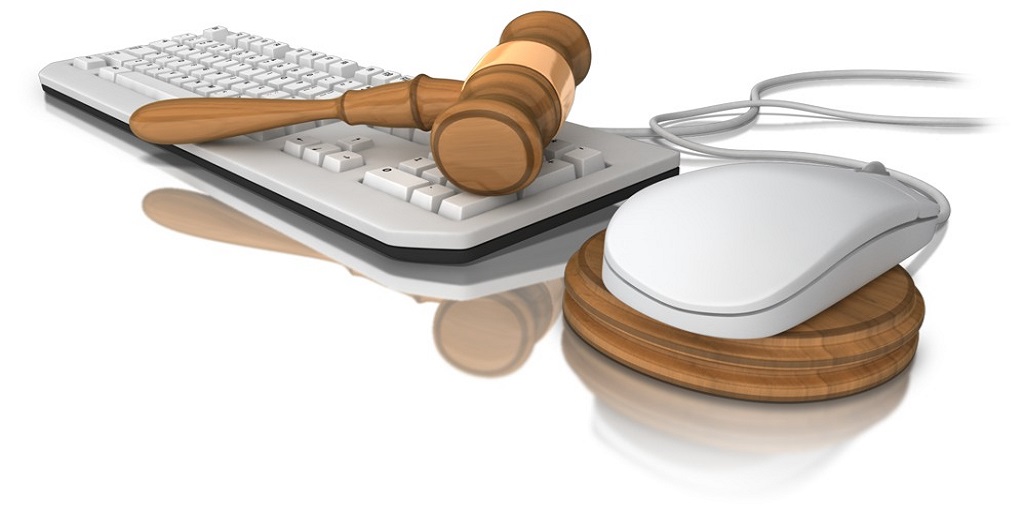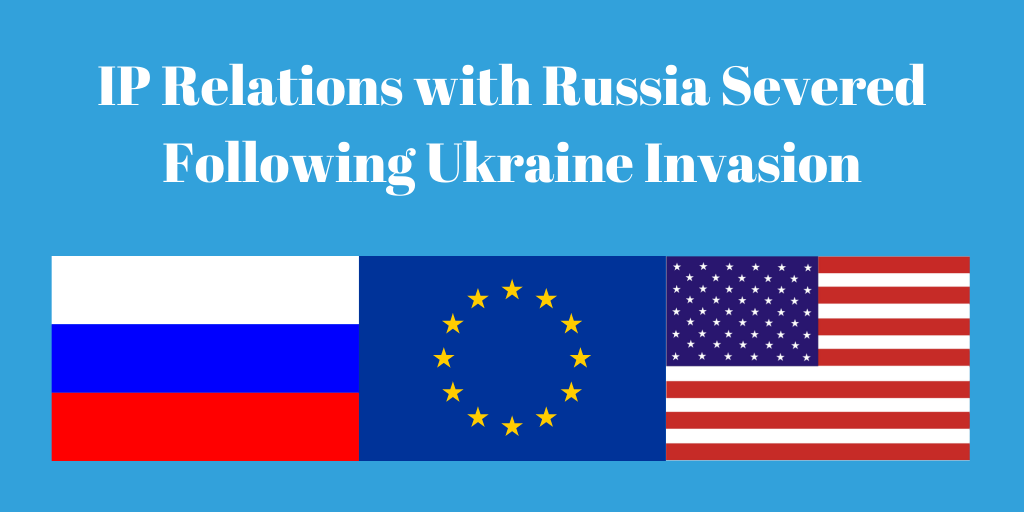Cannabis and IP
Cannabis has been making the headlines in recent years. It has been purported to have beneficial uses, such as medicinal treatment. Furthermore, more and more businesses have been integrating cannabis and its components into their products or inventions. In today’s blog post, we are going to look at how cannabis and has been interacting with intellectual property.
Cannabis and trademarks
Trademark law generally protects marks such as words, logos, and other indicia serving as a source identifier. Various federal trademarks contain the word “cannabis” within them, indicating that there are some instances where a trademark can contain the word “cannabis.”
Click here to check out what trademarks are on the USPTO website for cannabis
Cannabis and patents
As stated earlier, more companies have been using cannabis or its components in their products or inventions. If the cannabis related product or invention can meet certain statutory requirements, it may qualify for a patent. A patent generally gives the patent owner the right to make, use, sell, or import the patented invention into the United States.
What are these requirements?
Qualifying for a patent generally requires the invention to be novel, non-obvious, have utility, and be considered patentable subject matter. Novelty generally requires that a previous reference or invention not contain all the elements of the invention or thing to be patented. Non-obviousness is a bit more complicated and requires that the invention not be obvious to a person having ordinary skill in the art.
To read more about these requirements, click here.
Some currently patented cannabis related inventions
- U.S. 9,730,911 “Cannabis extracts and methods of preparing and using same.” The invention relates to “the extraction of pharmaceutically active components from plant materials, and more particularly to the preparation of a botanical drug substance (BDS) for incorporation in to a medicament. It also relates to a BDS, for use in pharmaceutical formulations. In particular it relates to BDS comprising cannabinoids obtained by extraction from cannabis.”
- U.S. 10,213,390 “Treatment of fragile X syndrome with cannabidiol.” The present technology relates to a “method of treating one or more behavioral symptoms of Fragile X Syndrome in a subject by transdermally administering an effective amount of cannabidiol (CBD) to the subject wherein one or more behavioral symptoms of Fragile X Syndrome are treated in the subject.”
- U.S. 9,095,554 “Breeding, production, processing and use of specialty cannabis” The invention provides compositions and methods for the breeding, production, processing and use of specialty cannabis.
Infringement of intellectual property
Like any other type of intellectual property, cannabis related trademark and patent lawsuits have been filed. These cases may help shed light on how the law will operate for patents and trademarks.
Trademark infringement cases
Trademark infringement occurs when one party owns a valid trademark and another party uses a similar or identical mark without permission. In relation to this post, United Parcel Service, Inc (“UPS”) has sued United Pot Smokers for trademark infringement, along with other allegations for United Pot Smokers use of the mark “UPS.” Additionally, United Pot Smokers has allegedly used a logo that is similar to UPS’s logo. The logos are shown below.

Click here to read the entire complaint.
Patent infringement cases involving cannabis
It was only a matter of time before there was an infringement case concerning cannabis patents. Direct patent infringement is where an accused invention contains all the elements of the patented invention. The case of United Cannabis Corporation v. Pure Hemp Collective, Inc., involves purported infringement of one of the patents mentioned above, U.S. 9,730,911 (“911 patent”). United Cannabis Corporation (“UCANN”) is the plaintiff and Pure Hemp Collective Inc., (“Pure Hemp”) is the defendant. Thus, this case stands out since patent infringement cases for cannabis related patents are relatively new.
Cannabis related patents lawsuits outside the courts
There has also been a case at the Patent Trial and Appeal Board (PTAB) called Insys Development v. GW Pharma Limited and Otsuka Pharmaceutical. This case involved inter partes review (“IPR”), which is a bit different proceeding from litigation in a court. Moreover, IPR generally allows a third party to challenge the validity of a patent based on either novelty or non-obviousness grounds. It’s generally quicker and cheaper than litigation.
These cases are a bit unique.
Cannabis is a Schedule 1 drug and is still regulated by the government. Thus, there are many uncertainties concerning the outcome of how cannabis related patents enforced. The interplay between regulation of a Schedule 1 drug and intellectual property may become quite complex. There does not seem to be a clear concrete direction as to how things will go.
What are your thoughts on intellectual property and cannabis? What about the lawsuits concerning cannabis? Leave a comment below to let us know what you think!
Interested in more intellectual property? Here’s a video!
Sign up today!
Does this article interest you? Subscribe to the LoTempio Law email newsletter to receive posts and updates just like this conveniently in your email box!
If you’ve enjoyed this blog post, we have lots more where this came from, including an Inventors Guide Video Series where we help you turn your good idea into a profitable invention, and tons of other great content. Check out our Youtube channel, PatentHome for more!
Simply enter your email address and hit sign up and you’ll get everything, including blog posts like these, conveniently in your email box!
Have any questions? Give us a call at 1-800-866-0039. Consultations are FREE.
Disclaimer: This article is not legal advice. It is only for educational or entertainment purposes only. Please do not use the article or contents of the article without permission. For legal advice and questions, please contact registered Patent Attorney Vincent LoTempio.




